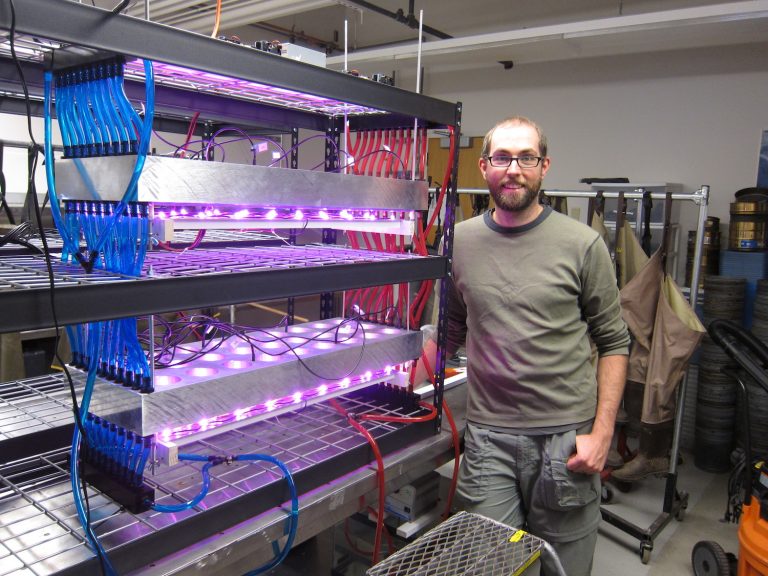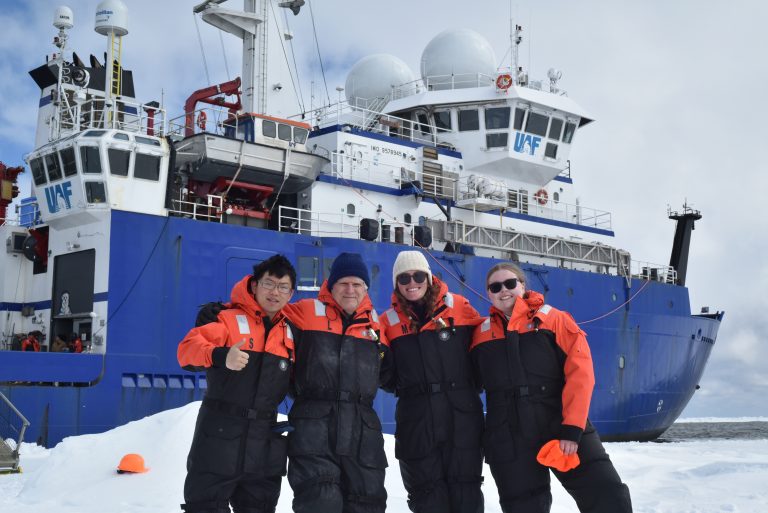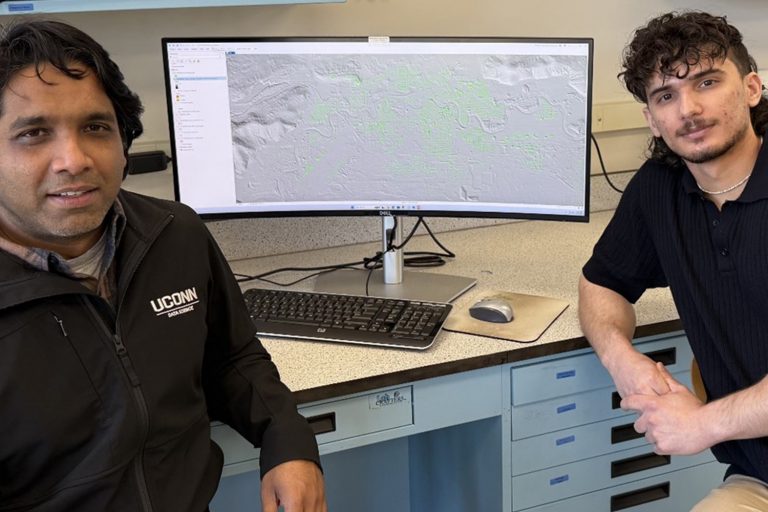
Research
Climate and environmental research at UConn
UConn takes pride in being a leader in sustainability across the globe. Read more below about UConn affiliated centers and institutes conducting vital research in the fields of sustainability and climate.
The Institute of the Environment (IoE) was formed in 2019 with the purpose of becoming the center for interdisciplinary collaboration in the realm of environmental and sustainability research, education, and engagement. The IoE comprises over 170 faculty members and oversees four core units:
- Center for Environmental Sciences & Engineering (CESE)
- Connecticut State Museum of Natural History
- Natural Resources Conservation Academy
- (yours truly!) Office of Sustainability
Learn more about the IoE from their webpage.
The Center for Environmental Sciences and Engineering (CESE) engages in cutting-edge, interdisciplinary research to solve complex and emerging environmental challenges. CESE leads and catalyzes research among its 12 core faculty and more than 150 affiliate faculty members from numerous departments within the College of Agriculture and Natural Resources, the College of Engineering, and the College of Liberal Arts and Sciences, among others. CESE supports multidisciplinary research that bridges the basic and applied sciences, providing technical expertise and laboratory infrastructure. Activities supported by CESE strengthen the scientific understanding of complex and evolving natural systems, monitor environmental quality, inform sound stewardship, and enlighten policy. Taken together, such activities provide guidance for long-term sustainability. CESE is one of the four core units of the Institute of the Environment (IoE).
The Center for Clean Energy Engineering (C2E2) under the College of Engineering (CoE) at UConn is a "multi-disciplinary research center" that focuses on "education, research, and innovation in sustainable energy systems." Faculty and students work with individuals and organizations at the federal, state, and industrial levels to "develop and accelerate cost-effective solutions to tackle global energy and environmental concerns." Currently, the Center focuses on five areas of research and innovation:
- Electrochemical systems
- Advanced energy materials
- Power electronics
- Fuels and combustion
- Water and environment
C2E2 is located on Depot Campus, part of the UConn Storrs Campus. Learn more about C2E2 at their webpage!
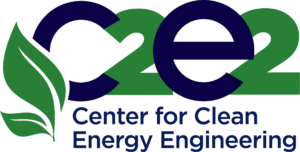
The Connecticut Institute for Resilience & Climate Adaption (CIRCA) is a "multi-disciplinary center of excellence that brings together experts in the natural sciences, engineering, economics, political science, finance, and law to provide practical solutions to problems arising as a result of a changing climate." Their mission to the increase the resilience and sustainability in communities with an acute vulnerability to climate change impacts. CIRCA works in various communities to ensure that the "better adapt to changes in climate" and to "make their human-built infrastructure more resilient" while simultaneously protecting the local ecosystems. CIRCA is located at UConn's Avery Point campus. To learn more about the Institute, visit their webpage.
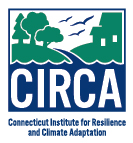
The Center for Land Use Education and Research (CLEAR), established in 2002, is a partnership between the College of the Agriculture, Health and Natural Resources (CAHNR) - the Department of Extension and the Department of Natural Resources and the Environment (NRE) - and the Connecticut Sea Grant Program. The Center address issues within "water management, land use planning, climate resiliency, and geospatial (mapping) technology." CLEAR spearheads multiple programs dedicated to this mission, including NEMO (Nonpoint Education for Municipal Officers) that works to protect water quality, the Land Use Academy, and the Geospatial Training Program. To learn more about these programs and CLEAR, visit their webpage.

The Connecticut Institute of Water Resources (CTIWR) is located at UConn and works with all colleges and universities in the area to "resolve state and regional water related problems" as well as foster a connection "between water resources managers and the academic community." As stated on their webpage, CTIWR has two main responsibilities: (1) to conduct and support research that encourages new research scientists to enter the water resources fields, trains and educates future water scientists, explores new ideas in water phenomenon, and disseminates results to water managers and the public; and (2) to cooperate with colleges and universities in Connecticut to develop a statewide program for addressing water and related land problems. Read more about these responsibilities and the programs associated with CTIWR at their webpage.
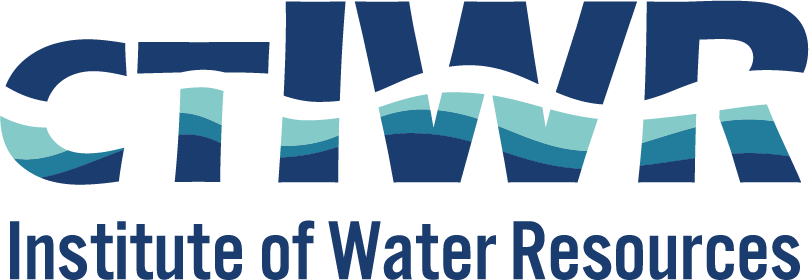
Connecticut Sea Grant (CTSG) is part of Sea Grant, a national network of more than 30 university-based and consortium programs, as well as the Sea Grant Collection at the NOAA Central Library. CTSG is a public service organization focused on the Long Island Sound watershed that consists of professionals who "support thriving and diverse coastal ecosystems, communities and economies." CTSG seeks to help citizens better understand and protect coastal and inland resources and contributes to efforts to advance ocean literacy both locally and across the globe. CTSG also funds marine and coastal research as well as student fellowships to "nurture the next generation of scientists and environmental stewards." CTSG works in aquaculture, environmental literacy, healthy coastal ecosystems, offshore wind, and community resiliency. To learn more, visit the CTSG webpage.
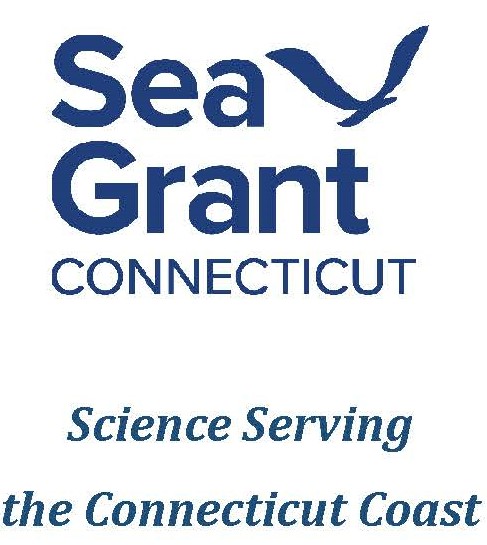
The Eversource Energy Center at UConn, announced in 2015, works to "improve electric reliability, emergency response and cyber and physical security, and [reduce] and [shorten] outages during storms." In collaboration with partners such as CT DEEP, NASA, and NSF, the Eversource Energy Center works in storm preparedness, vegetation management, electric grid reinforcement, renewable energy, and more. The Center's state-of-the-art research facilities include a high performance computing center, a tree biomechanics laboratory, a power grid simulation test bed, and an unmanned aerial systems (UAS) laboratory. The Eversource Energy Center is located in the Innovation Partnership Building (IPB) on the UConn Storrs campus. Learn more about the center here.
PRISMATIC Grants
The President's Research Investment in Sustainability Measures, Actions, Technologies, Initiatives, and Communities (PRISMATIC) was established in 2023 to support "a broad spectrum of experiential learning opportunities for undergraduate students." The funding programs within PRISMATIC support "a diverse range of advocacy, service, design, and community engagement projects" that allow undergraduates to learn more about climate change and sustainability as well as take action towards a sustainable future. PRISMATIC commits $50,000 to support the following Office of Undergraduate Research (OUR) programs:
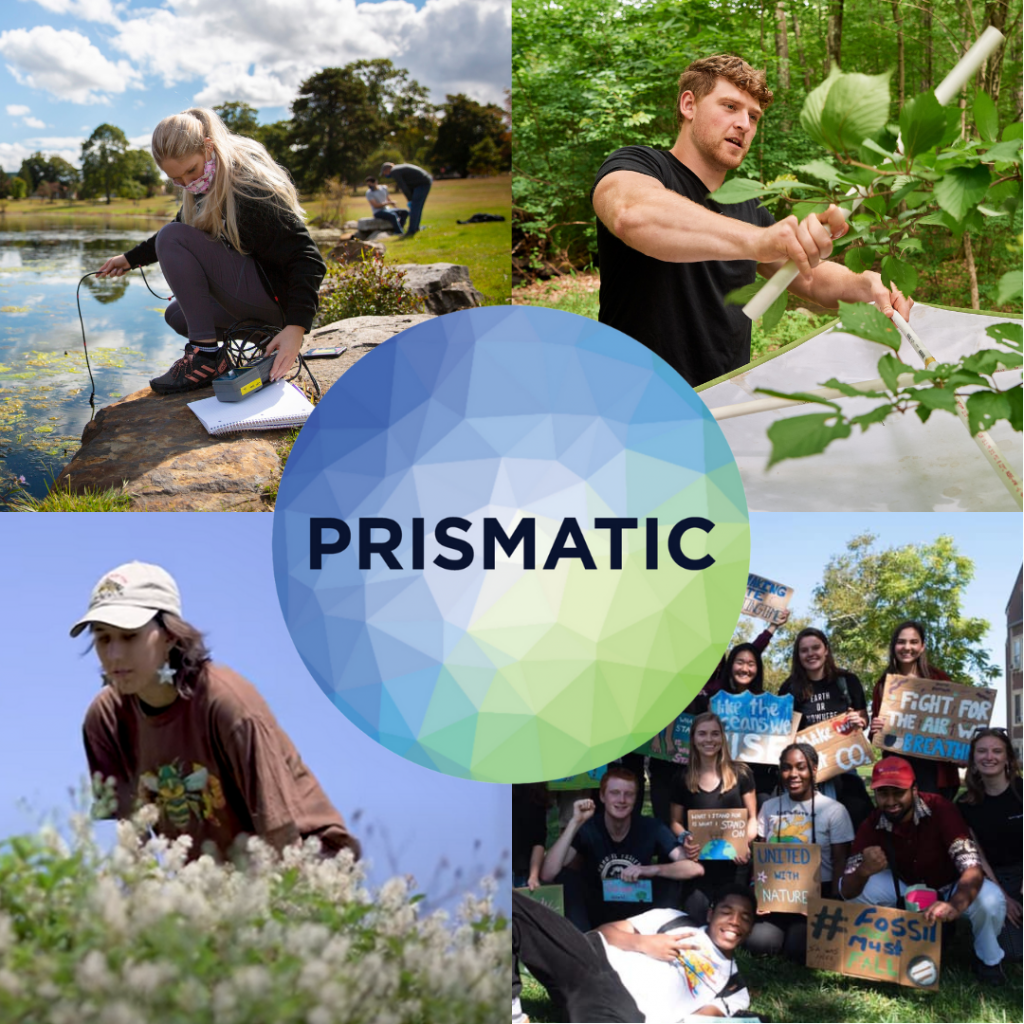
‘They don’t have brains, so how does this past information influence their performance?’
- category: sustainability+research
- columns: 1
- pictures: true
- number-of-posts: 1
- read-more-text: Read More on UConn Today
- show-excerpt: false
- show-date: false
- safe-fetch: 1
Two recent publications dig into the impacts of compounding factors threatening New England trees
Researchers tackle a previously unexplored aspect of mercury at the air-sea interface
If you want to fully understand risk and prepare for hazards, you need to have the full picture
- category: sustainability+research
- columns: 3
- offset: 1
- pictures: true
- number-of-posts: 3
- read-more-text: Read More on UConn Today
- show-excerpt: false
- show-date: false
- safe-fetch: 1
